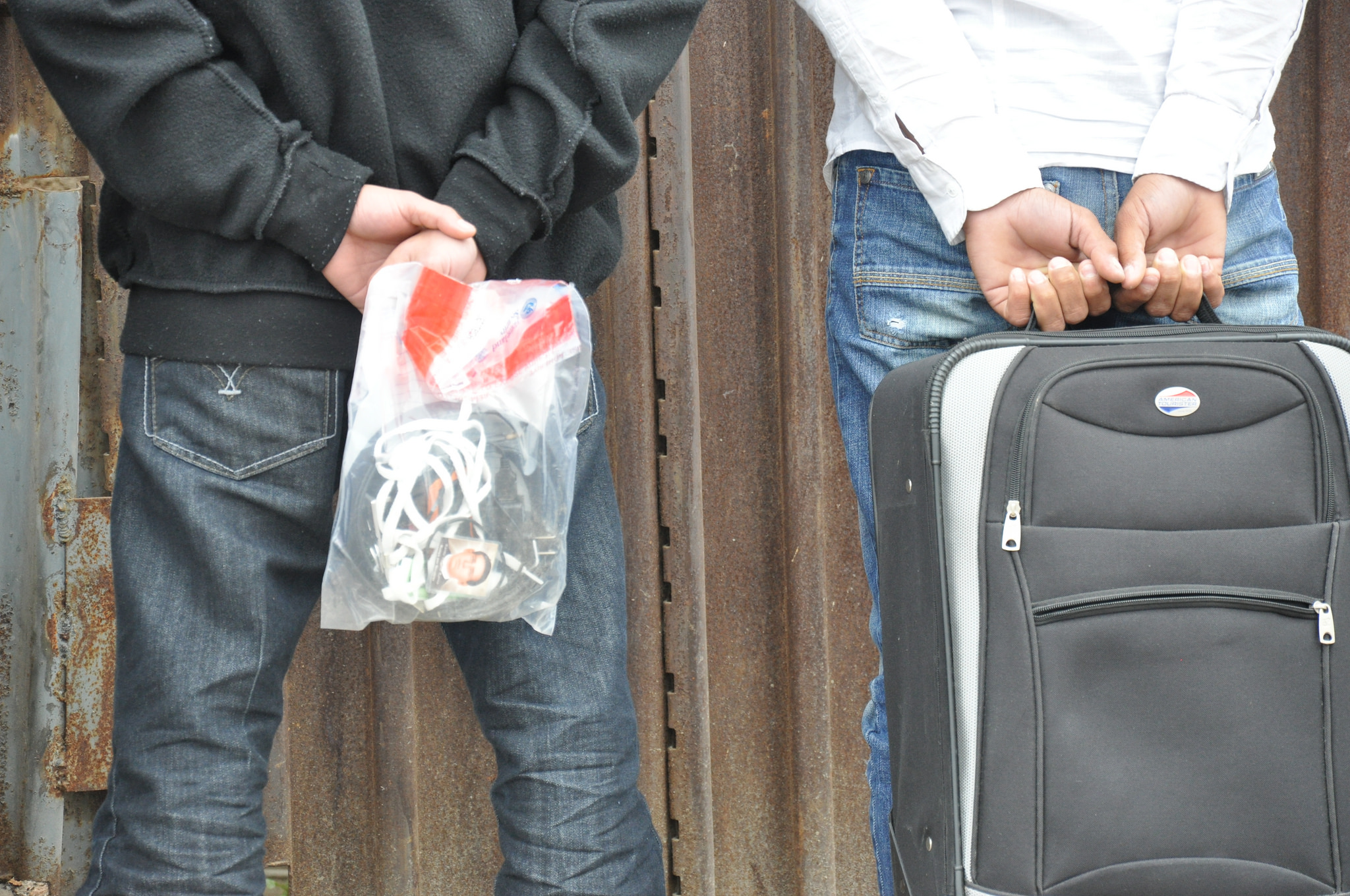Imagine what it would be like to be in a foreign country, and law enforcement officials take your phone, identification and money. Then, what if you are moved through a series of short-term holding cells and then longer term detention facilities and eventually released by being deported to another country without any access to your personal belongings? This has become an all too common occurrence at the southwest border as migrants are picked up by Custom and Border Protection (CBP), their belongings are confiscated and they are put through a maze of institutions overseen by CBP and Immigration and Customs Enforcement (ICE). Upon release, they are virtually penniless and have no identification or means for communicating with family members. In the cases where their money is actually returned, it’s done so via a Mastercard/Visa debit card or U.S. check, which is virtually impossible to cash in the country to which you are deported.
According to a new report released today by the border humanitarian group No More Deaths, Shakedown: How Deportation Robs Immigrants of their Money and Belongings, this type of abuse has become yet one more way that “ICE and CBP have failed to uphold basic law enforcement standards and human rights norms in their rush to expand the United States’ detention and deportation apparatus.”
Their report meticulously analyzes 165 incidences of dispossession of personal property and finds that among the migrants they interviewed, a total of $37,024.50 was taken by U.S. government agents, with only $12,850.98 recovered with the help of No More Deaths volunteers. A total of $24,173.52 was never recovered.
These findings build on other reports in recent years that demonstrate systematic physical and psychological abuse as well as dispossession at the hands of U.S. authorities. For example, the Migrant Border Crossing Study released a report last year concluding that “the taking of belongings and the failure to return them is not a random, sporadic occurrence, but a systematic practice.”
Deporting people with no ability to purchases food or bus tickets or to prove their identity puts them at high risk for exploitation once returned home. It also demonstrates a level of cruelty and lack of basic humanity in how we treat the people who migrate to the U.S. today. As the report reminds us, while “on an individual level these figures may appear humble, they represent a routine, callous violation of human rights on the part of U.S. authorities and the private companies invested in border enforcement and detention.”
The immigration agencies clearly have no organized or fair system for managing the belongings of the migrants they take into custody. As the report explains, migrants go through a complicated system of courts and prisons, often moved around from state to state. Yet the government has failed to implement policies recognizing that once you assume responsibility for taking custody of someone, you also assume responsibility for the belongings they have with them at the time of arrest. Dispossession is an unacceptable and seemingly “unavoidable consequence to detention and deportation, especially of this volume.”
If the Obama administration is going to continue to throw billions of dollars a year at border enforcement and deportations on the southwest border, it similarly needs a plan for managing the humanitarian and human rights issues that go along with that. So far, there is no sign of growing that capacity in equilibrium to the enforcement side, and the consequences will continue to be grave.
Photo by BBC World Service.
FILED UNDER: enforcement, featured, no more deaths


